Monetaria Moneta (Arkam Yellow/Kodi Zard) کوڈی زرد
Overview
Monetaria moneta, commonly known as cowrie shells, is a type of sea snail that belongs to the family Cypraeidae. These small, glossy shells have been used historically as a form of currency, ornamentation, and even in various cultural and religious practices. Here are some key points about Monetaria moneta:
Appearance:
Cowrie shells are small, egg-shaped shells with a shiny, glossy surface. The dorsal side is usually smooth, while the ventral side has a long, narrow slit.
Habitat:
Monetaria moneta is found in the Indo-Pacific region, including the Indian Ocean and the western and central Pacific Ocean. These snails inhabit shallow waters, often in coral reefs and sandy areas.
Cultural Significance:
Cowrie shells have a rich history of cultural significance and have been used in various ways across different societies. They have served as currency, jewelry, and ornaments in many cultures.
Currency:
In various parts of Africa, Asia, and the Indian Ocean islands, cowrie shells were used as a traditional form of currency. They were widely accepted for trade and were even considered a symbol of wealth and prosperity.
Ornamental Use:
Cowrie shells are commonly used in jewelry and ornamentation. They have been incorporated into necklaces, bracelets, and other decorative items.
Symbolism:
Cowrie shells have also held symbolic importance in different cultures. They are sometimes associated with fertility, femininity, and protection against evil spirits.
Historical Trade:
The use of cowrie shells in trade dates back centuries. They were a valuable commodity in the Indian Ocean trade routes, and merchants from Africa, Asia, and the Middle East used them extensively.
Rituals and Spirituality:
In some cultures, cowrie shells are used in rituals and spiritual practices. They might be used as divination tools or as offerings in religious ceremonies.
Additional information
| Weight | 50 Grams, 100 Grams, 250 Grams, 500 Grams, 1000 Grams |
|---|

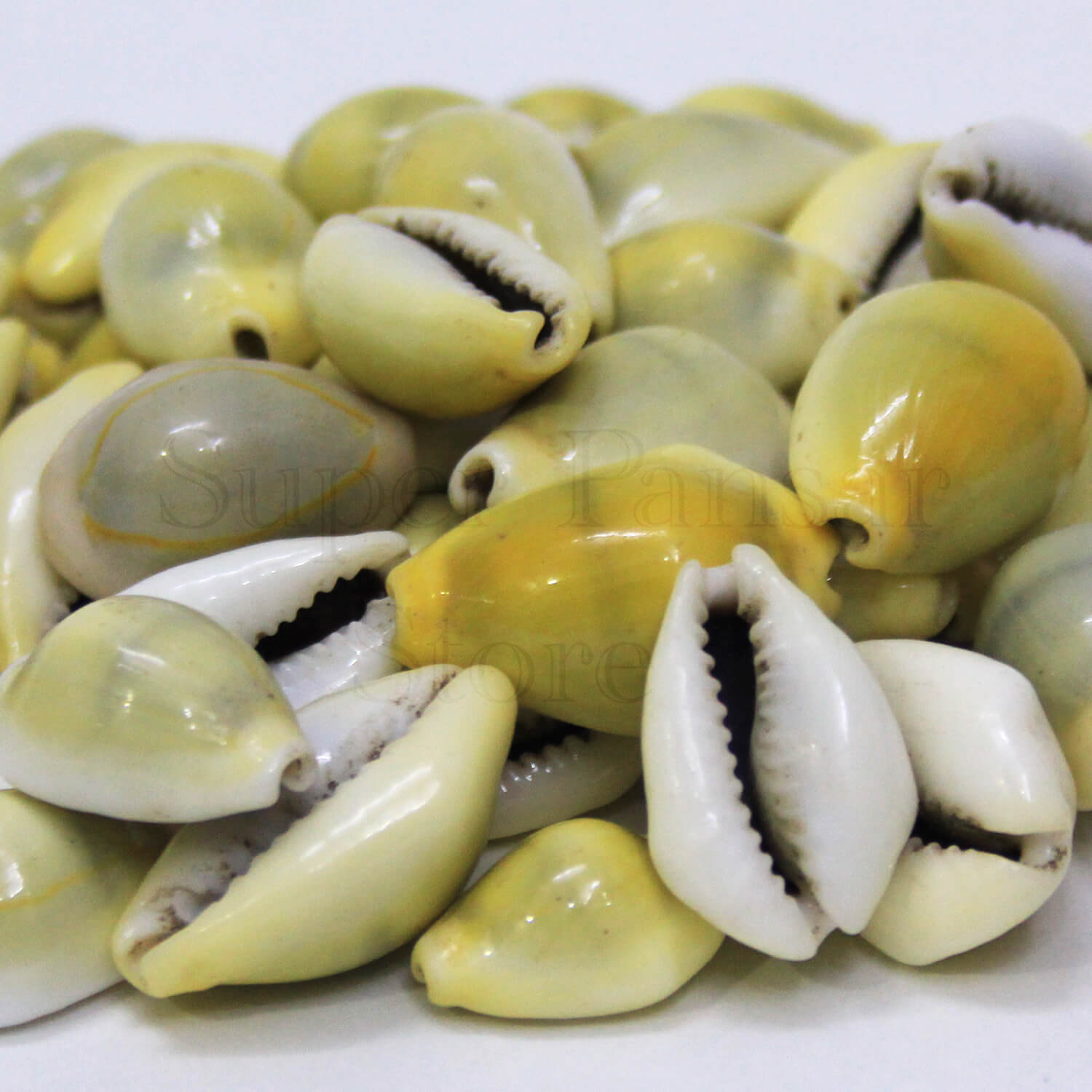
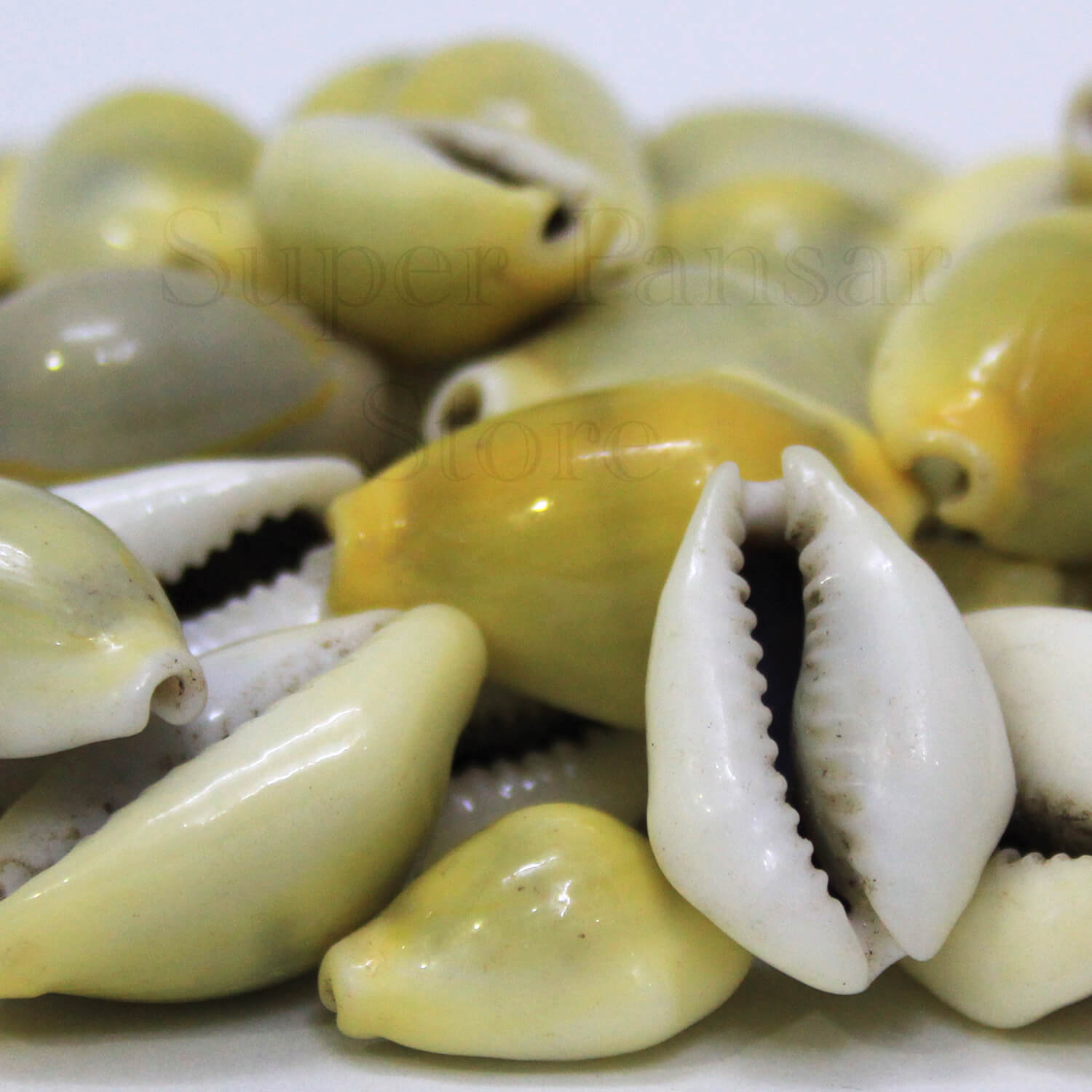

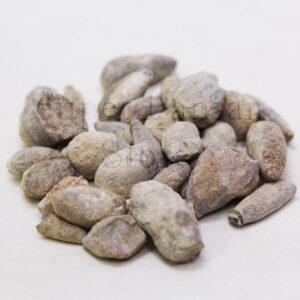
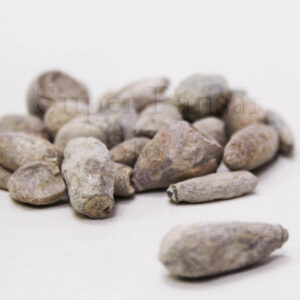
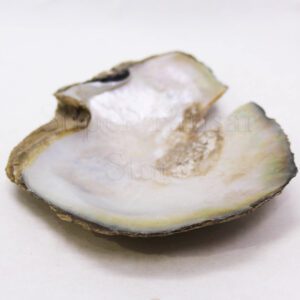
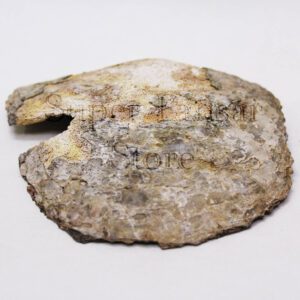


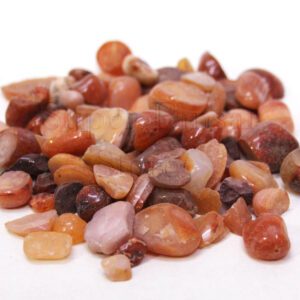
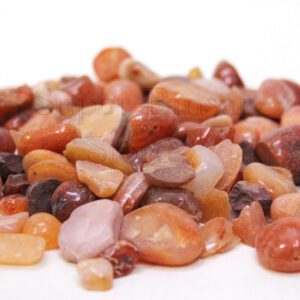
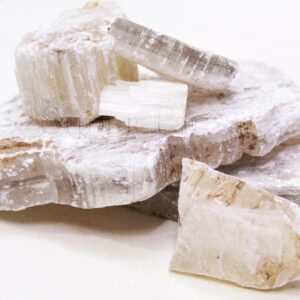

Reviews
There are no reviews yet.